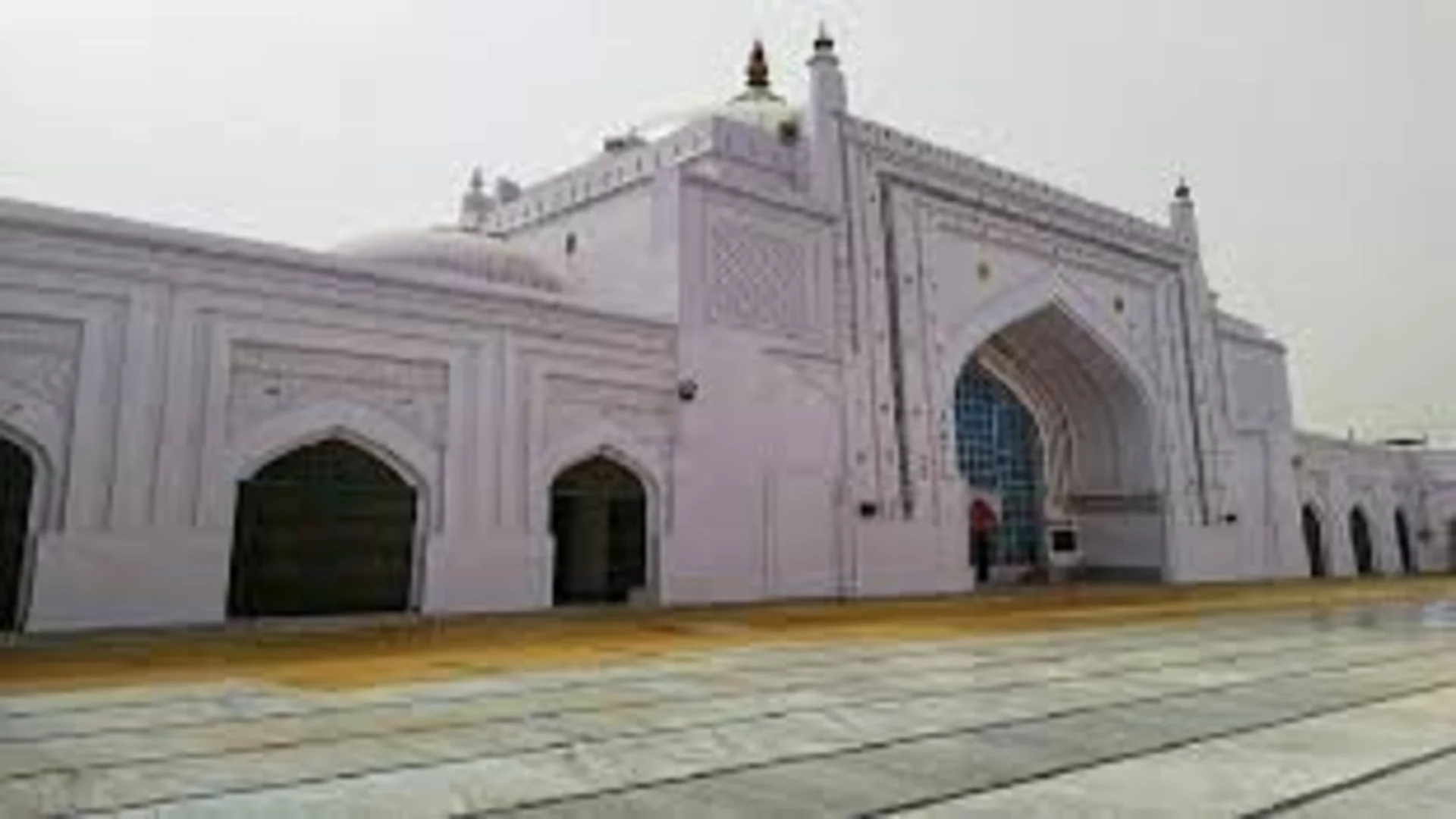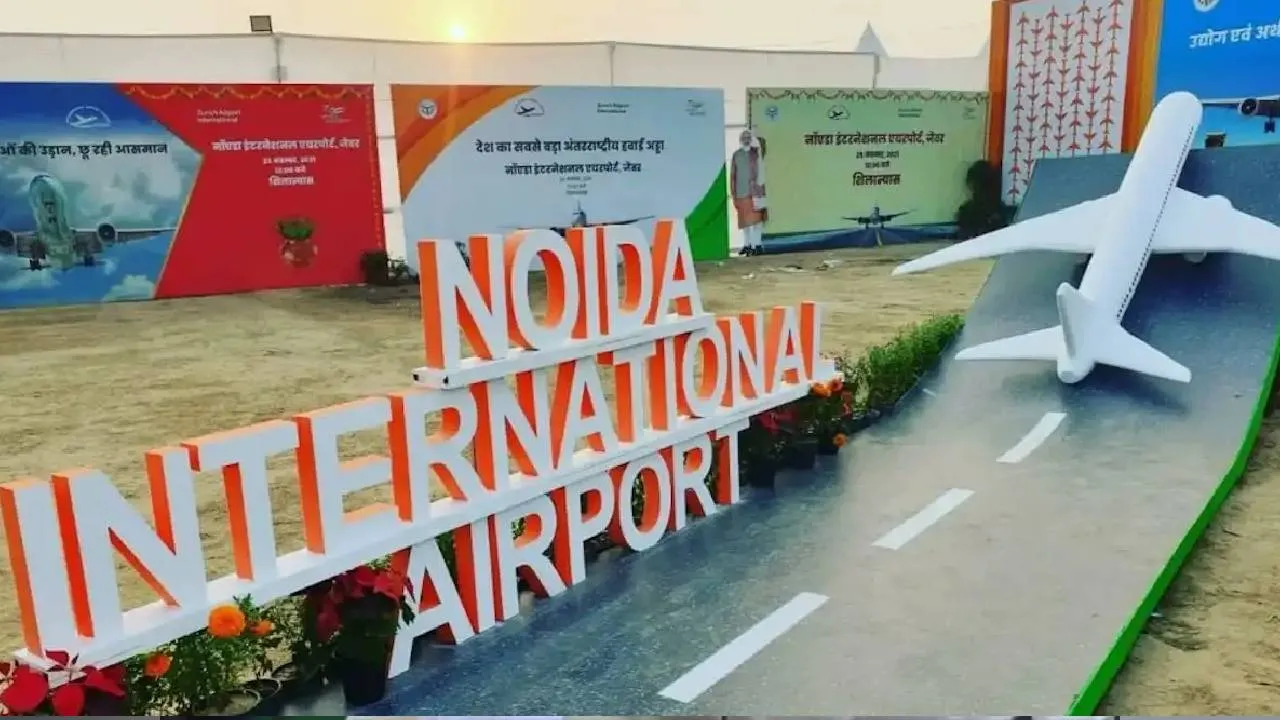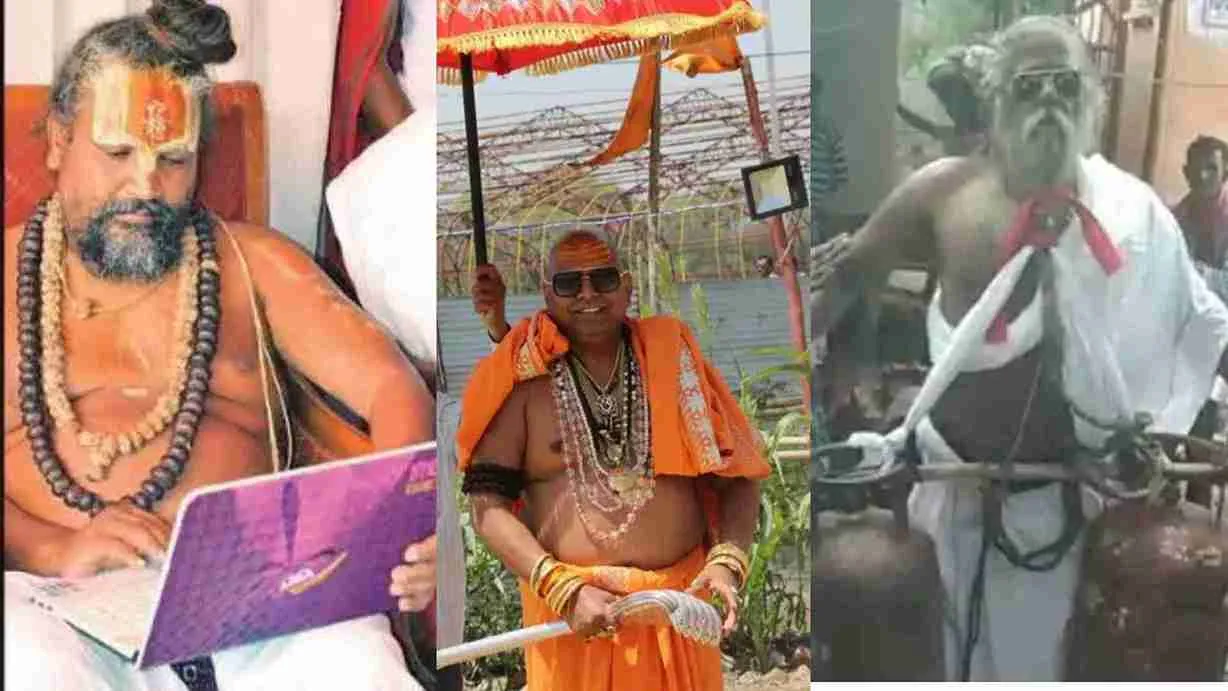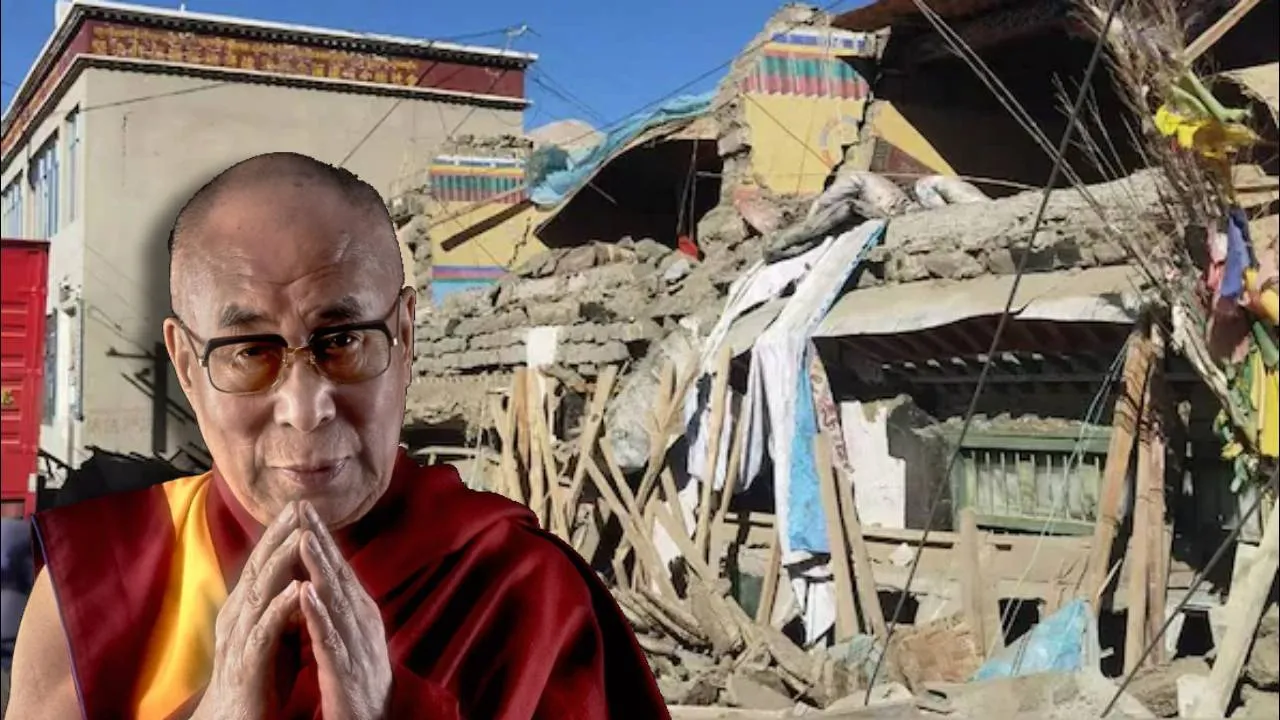A legal dispute has emerged in Budaun district, Uttar Pradesh, concerning the Shamsi Shahi Mosque. A petition filed in a local court challenges the mosque’s legitimacy, asserting it was constructed on the site of an ancient Hindu temple. The court has accepted the petition, scheduling a hearing for December 10.
Advocate Vivek Render, representing the Hindu side, claims to possess evidence supporting the assertion that the mosque was originally a Hindu temple. He stated, “We have all the evidence that the property in dispute is a Hindu temple. We only seek uninterrupted worship at the site. We have land papers that do not identify the property as Jama Masjid.”
Conversely, the Muslim side, represented by Asrar Ahmed Siddiqui, has dismissed the case as “fake” and an attempt to disrupt communal harmony. Siddiqui remarked, “The case that has been filed is fake. It has been done to disturb the peace. They (the Hindu side) have no rights over this mosque.”
This legal contention arises amid heightened communal sensitivities in Uttar Pradesh. On November 24, violence erupted in Sambhal district during an Archaeological Survey of India (ASI) examination of the Shahi Jama Masjid, a Mughal-era mosque. The clashes resulted in four deaths and injuries to several individuals, including police officials and locals. The ASI survey was initiated following a petition alleging that the mosque’s site was originally a Harihar temple.
In response to the Sambhal incident, authorities arrested 27 individuals. Divisional Commissioner of Moradabad Division, Aunjaneya Kumar Singh, stated, “Police have registered a total of 7 FIRs so far, 4 of these have been registered by the families of the deceased. A total of 27 people have been arrested, of these 3 are women and 3 are juveniles.”
The Shamsi Shahi Mosque case has intensified debates over the preservation of historical religious sites and the potential for communal discord. The upcoming court hearing on December 10 is anticipated to be a focal point for both legal arguments and public attention.






















